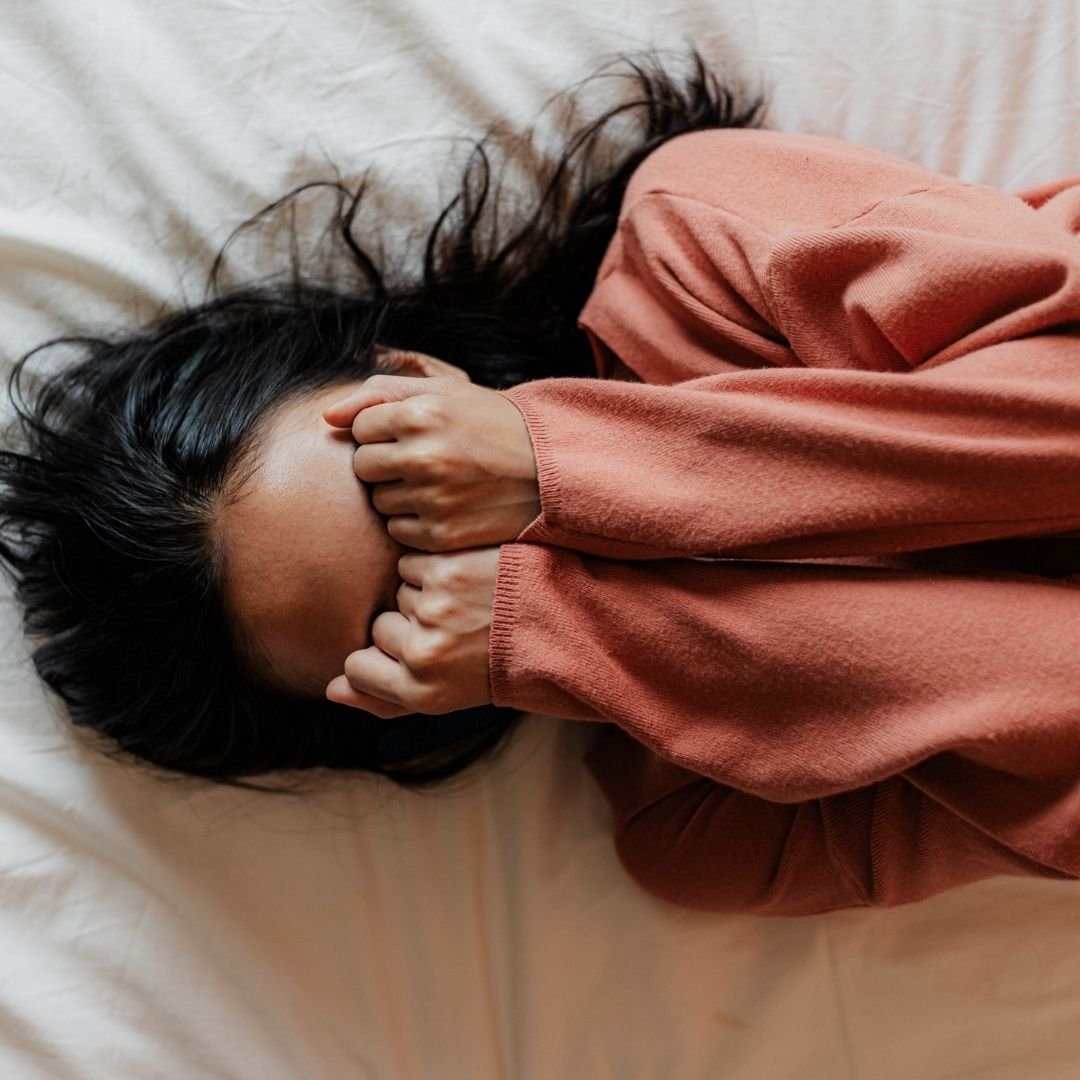Reaching out for help and deciding to go to therapy is a difficult decision to make. Often times when I meet my clients for the first time they are feeling anxious about being there in therapy. My clients don’t know what to expect and even have the fear that I as their therapist, will think they don’t need therapy or just the opposite that they are too much to handle.
I totally understand the fear that a therapist will dismiss your problems as insignificant or share confusion on why you thought you needed therapy in the first place. I want you to know I’ve been in practice for almost a decade, and not even once has that thought crossed my mind with a client. Never have I had a client sit in front of me, and I have considered that they didn’t actually need or deserve to be there in therapy. If you want help and to improve your life, you deserve to be in therapy.
There are other signs or symptoms you may experience in your life that might show you could benefit from attending therapy. I would like to share with you some but not all of what those may be.
You want to go to therapy
First a foremost if you want to go to therapy, you should go to therapy. People that voluntarily want to go to therapy and are willing to do whatever it takes to get feeling better are the ones that benefit the most from therapy. If you’ve ever been curious about therapy and wondered if it’s for you, it probably is. Therapy is for everyone. Therapy doesn’t mean you are crazy or mentally unstable. Therapy can be helpful for anyone at different stages of their lives. It’s easy to talk ourselves out of getting help or think what you are struggling with isn’t bad enough but honestly, it's better to get help before it gets too bad or overwhelming.
You are interested in improving your life
I may be biased but I believe one of the best tools for improving your life is therapy. Self-help books are great and I recommend them with the therapy process but it’s hard to work on things all on your own. Therapy allows you to have a third party share their perspective on your life and blind spots you may be missing. It’s an opportunity for you to heal from past experiences and negative beliefs that you may not even realize are impacting your life. It’s easy to tell ourselves that we are over past experiences and they don’t impact us anymore but that’s not always true. Regardless, I believe those I work with deserve to have the best life they possibly can without the past hanging over their heads.
You want to improve your relationships
It is sometimes surprising to people that individual therapy can have a big fat impact on our relationships for the better. I am not a couples therapist but I see it all the time that as my clients work through their past and trauma they have better relationships with their partners and family members. When they are feeling better about themselves and their lives, they have more room and opportunities to connect with loved ones. My clients also don’t always realize how much of their past experiences carry over into how they respond in their present relationships. Even when you know your relationship needs the help of a couples of therapist, it still greatly benefits you also to be working on yourself as an individual.
You find it difficult to cope with symptoms of anxiety
It’s a struggle when life suddenly feels more difficult than it used to. Sometimes it’s confusing why the way you used to deal with stress doesn’t work anymore. My clients have shared confusion in the past on why things that happened a long time ago that haven’t bothered them in a long time are suddenly bothering them again. It’s hard when life surprises you with new challenges. This is pretty normal for the women I work with and for those that have experienced trauma without realizing it was trauma. Therapy can help you work through the things that are bothering you and find new ways to cope with stress.
You’re going through a hard time
There are many difficult things to go through as a human. You may have experienced the death of someone you love, stress at work, or a strained relationship with a family member or friend, and you may feel more anxious and sad. All of these are hard things to cope with on your own. Seeing a therapist can make a big difference if you are going through a hard time. Sometimes it even helps to say what you are struggling with and have a trained therapist help you through it. I truly wish everyone could go to therapy or give it a try if they have the financial means to do so. It’s surprising how much it makes a difference in your life. If you are thinking about going to therapy, I hope you'll take the risk and try it. When you find a good therapist that knows how to treat what you are struggling with it can be absolutely life-changing.
Looking for anxiety therapy near Provo, Utah
You don’t have to keep dealing with feelings of anxiousness. Anxiety therapy can help your life feel more manageable. This Provo Utah area counseling clinic has an anxiety therapist specializing in anxiety treatment. To begin anxiety therapy, follow the steps below:
Complete online forms and schedule the first session with a therapist for anxiety
Begin therapy
Other mental health services provided near Provo, Utah
Anxiety therapy isn’t the only therapy service provided at this Northern Utah Counseling Clinic. Other mental health services provided by Maple Canyon Therapy include trauma therapy, eating disorder therapy, birth trauma therapy, body image therapy, and binge eating disorder treatment in Utah.
about the author
Ashlee Hunt is a licensed clinical social worker and owner of Maple Canyon Therapy in Utah County. Ashlee has a bachelor's degree in psychology and a bachelor’s in family life and human development from Utah State University. She received a master’s degree in social work from Utah State University. Ashlee enjoys working with women with high-functioning anxiety who are willing to do whatever it takes to feel better. She helps women with social anxiety, performance anxiety, and dating anxiety. When Ashlee isn’t in therapy, she is probably playing fetch with her Goldendoodle at the Spanish Fork Dog Park.








































